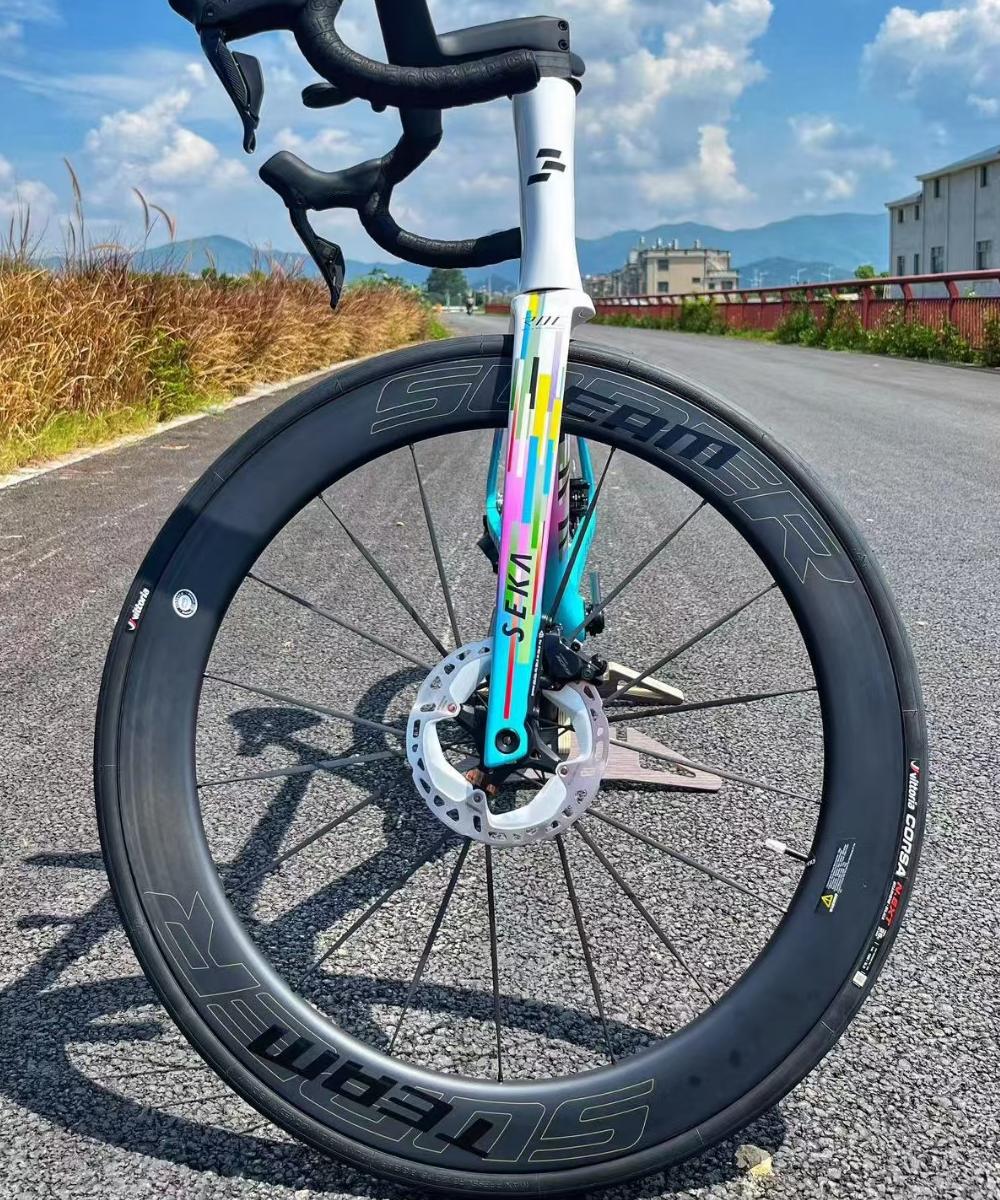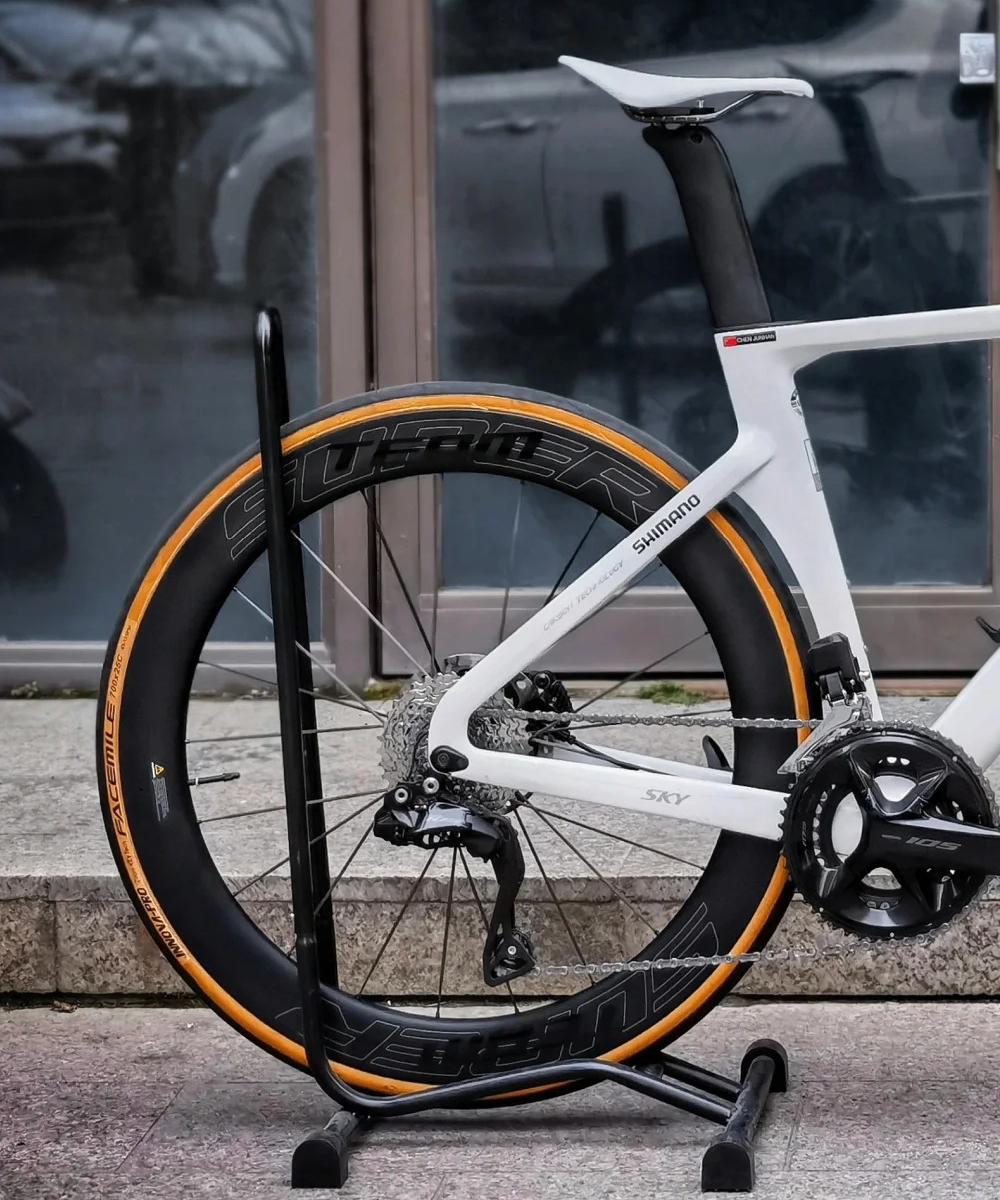Signs Your Hub Bearings Need Service (And How to Check)
Hub bearings are a critical component of your bike’s wheelset, enabling smooth rotation and efficient power transfer. Over time, bearings can wear out, become contaminated, or lose lubrication, leading to decreased performance or even damage if not addressed promptly. Knowing when your hub bearings need servicing can save you from costly repairs and ensure a safe, smooth ride.
Common Signs That Your Hub Bearings Need Service
Rough or Gritty Rotation
When spinning your wheel by hand, the rotation should feel smooth and free. If you notice any roughness, grinding, or a gritty sensation, it’s a strong indicator the bearings are worn or contaminated.
Excessive Play or Looseness
Grab the wheel at opposite sides (3 and 9 o’clock positions) and try to wiggle it side to side. Any noticeable movement or play suggests the bearings may be loose, improperly adjusted, or damaged.
Noise During Riding
Clicking, creaking, or grinding noises coming from the hub area while riding are warning signs. These sounds usually indicate debris inside the bearings or degraded lubrication.
Increased Resistance
If the wheel feels harder to spin or slows down quickly after a spin, the bearings could be dry, corroded, or pitted, increasing friction.
Visible Corrosion or Damage
Upon inspection, if you spot rust, corrosion, or any physical damage around the hub seals or bearing cups, it’s time for a service.
How to Check Your Hub Bearings
Step 1: Spin Test
Lift the bike or wheel off the ground and spin the wheel by hand. Feel for smoothness and listen for any unusual sounds.
Step 2: Wiggle Test
Hold the wheel firmly at opposite sides and try to move it side to side. Minimal to no lateral movement is ideal.
Step 3: Remove the Wheel and Inspect
If signs persist, remove the wheel and check the hub seals and bearing areas for dirt, corrosion, or grease leakage.
Step 4: Professional Assessment
If you’re unsure or the bearings are sealed cartridge types, take your bike to a professional mechanic for diagnosis and servicing.
Why Regular Hub Bearing Maintenance Matters
Maintaining your hub bearings ensures:
Smooth Rolling: Reduced friction means less effort and better speed.
Longevity: Proper lubrication and timely service prevent premature bearing failure.
Safety: Faulty bearings can lead to wheel wobble or sudden failures.
Cost Savings: Early detection avoids more expensive repairs down the line.
Conclusion
Hub bearings might be small, but their condition greatly impacts your riding experience. Regularly checking for roughness, play, noise, or resistance can alert you when maintenance is due. Whether you service them yourself or seek professional help, timely care will keep your wheels spinning smoothly and safely for miles to come.




